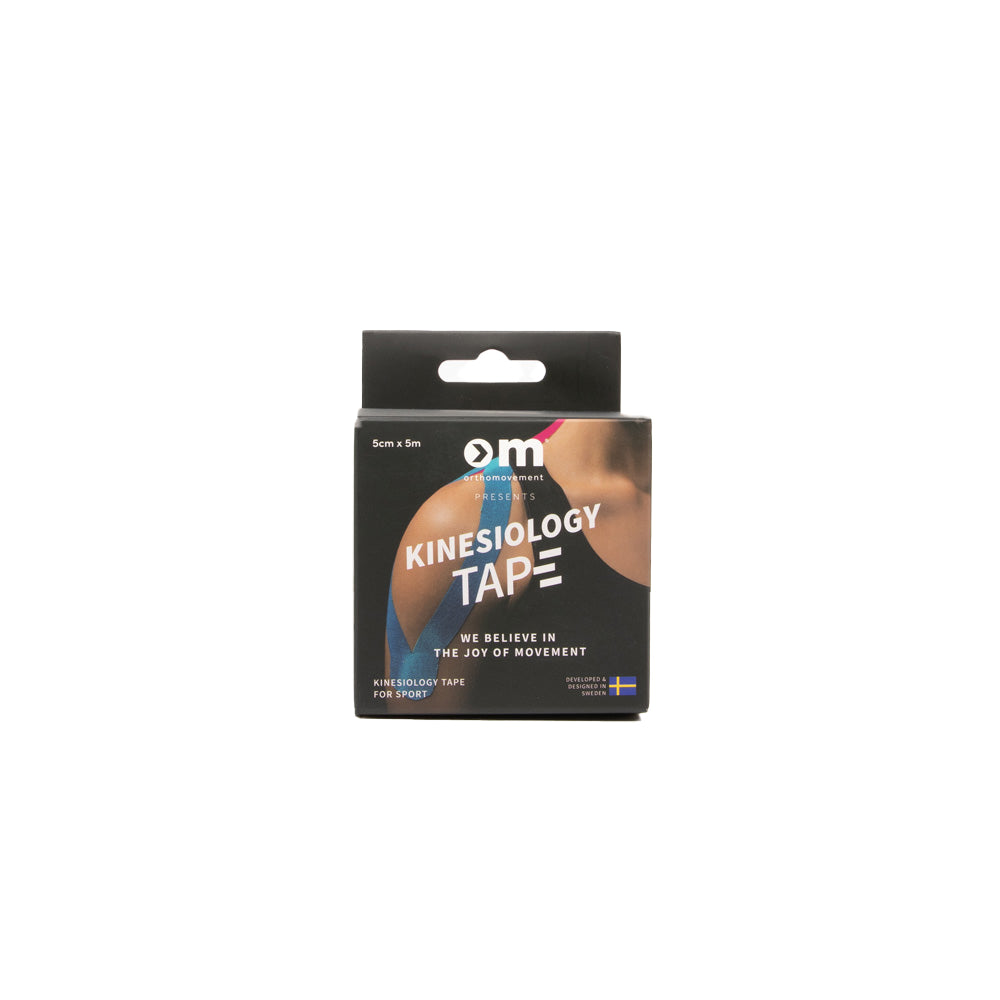Guides – Exercise – Benefits of Regular Exercise
Exercise: Transform Your Life with the Benefits of Regular Exercise
Are you looking to improve your overall health and transform your life? If so, incorporating regular exercise into your routine is a great place to start. Exercise has numerous benefits for both your physical and mental health, and can help you lead a happier, healthier life. In this article, we'll discuss the benefits of regular exercise, the recommended physical activity guidelines for adults, and tips for sticking to your exercise routine.
Why is Exercise Important for Your Health?
Exercise is essential for maintaining good health and preventing chronic diseases such as obesity, diabetes, and heart disease. When you exercise, your body releases endorphins which can improve your mood and reduce stress and anxiety. Regular exercise can also improve your sleep, boost your energy levels, and increase your overall quality of life.
Additionally, exercise can improve your physical fitness by building muscle, increasing flexibility, and improving cardiovascular health. Exercise can also help you maintain a healthy weight, which can reduce your risk of chronic diseases.
Physical Activity Recommendations for Adults
According to the Centers for Disease Control and Prevention (CDC), adults should aim for at least 150 minutes of moderate-intensity aerobic exercise or 75 minutes of vigorous-intensity aerobic exercise per week. Additionally, adults should engage in muscle-strengthening activities at least two days per week.
Moderate-intensity aerobic exercise includes activities such as brisk walking, cycling, and swimming. Vigorous-intensity aerobic exercise includes activities such as running, hiking, and high-intensity interval training (HIIT). Muscle-strengthening activities include exercises such as weightlifting, push-ups, and resistance band training.
Benefits of Working Out Regularly
In addition to the physical health benefits of exercise, regular physical activity can also benefit your mental health. Exercise has been shown to reduce symptoms of depression and anxiety and improve overall mood. Exercise can also improve cognitive function and reduce the risk of cognitive decline in older adults.
Regular exercise can also improve your overall quality of life by increasing your energy levels and reducing the risk of chronic diseases. Exercise can also improve your sleep quality and help you maintain a healthy weight.
How Long Should You Work Out for Each Day?
The amount of time you should spend exercising each day depends on your fitness goals and your current level of fitness. For general health benefits, the CDC recommends at least 30 minutes of moderate-intensity aerobic exercise per day, five days per week. However, if you're looking to lose weight or improve your fitness level, you may need to increase the amount of time you spend exercising each day.
Additionally, it's important to note that any amount of physical activity is better than none. If you're just starting out, try to incorporate short bouts of physical activity throughout your day, such as taking a brisk walk during your lunch break or doing a few minutes of stretching in the morning.
How Often Should You Exercise Each Week?
To reap the full benefits of exercise, it's important to exercise regularly. The CDC recommends at least 150 minutes of moderate-intensity aerobic exercise or 75 minutes of vigorous-intensity aerobic exercise per week, spread out over at least three days per week.
It's also important to incorporate muscle-strengthening activities into your routine at least two days per week. However, if you're just starting out, it's okay to start small and gradually increase the amount of time you spend exercising each week.
Types of Physical Activity to Incorporate into Your Routine
There are many different types of physical activity you can incorporate into your routine, depending on your fitness goals and personal preferences. Some examples of physical activity include:
- Aerobic exercise: This includes activities such as walking, running, cycling, and swimming.
- Strength training: This includes exercises such as weightlifting, push-ups, and resistance band training.
- Yoga or Pilates: These activities can improve flexibility and strength while also reducing stress and improving mental health.
- Sports: Participating in sports such as basketball, tennis, or soccer can provide both physical and social benefits.



How Much Cardio Should You Do for Optimal Health?
Cardiovascular exercise, also known as cardio, is important for improving cardiovascular health and maintaining a healthy weight. The CDC recommends at least 150 minutes of moderate-intensity aerobic exercise or 75 minutes of vigorous-intensity aerobic exercise per week.
However, if you're looking to improve your fitness level or lose weight, you may need to increase the amount of cardio you do each week. Additionally, it's important to vary your cardio routine to prevent boredom and avoid overuse injuries.
Measuring Your Fitness Progress with Resting Heart Rate
Resting heart rate is the number of times your heart beats per minute while you're at rest. Measuring your resting heart rate can be a useful way to monitor your fitness progress over time. As you become more fit, your resting heart rate will typically decrease.
To measure your resting heart rate, take your pulse for 60 seconds first thing in the morning before you get out of bed. Record your heart rate each day and track it over time to monitor your fitness progress.

Tips for Sticking to Your Exercise Routine
Sticking to an exercise routine can be challenging, but there are several strategies you can use to make it easier. Some tips for sticking to your exercise routine include:
- Find an exercise buddy: Exercising with a friend can make it more fun and help keep you accountable.
- Set realistic goals: Set achievable goals for yourself and celebrate your progress along the way.
- Mix it up: Vary your exercise routine to prevent boredom and avoid overuse injuries.
- Schedule it in: Treat exercise like any other appointment and schedule it into your day.
- Reward yourself: Treat yourself to something you enjoy after a workout, such as a healthy snack or a relaxing bath.
Why Regular Exercise is Essential for Transforming Your Life
In conclusion, regular exercise has numerous benefits for both your physical and mental health. Exercise can improve your mood, reduce stress and anxiety, and improve cognitive function. Regular exercise can also improve your physical fitness, reduce your risk of chronic diseases, and help you maintain a healthy weight.
To reap the full benefits of exercise, it's important to exercise regularly and incorporate a variety of physical activities into your routine. Additionally, tracking your fitness progress and using strategies such as finding an exercise buddy and setting realistic goals can help you stick to your exercise routine and achieve your fitness goals. So what are you waiting for? Start incorporating regular exercise into your life today and experience the transformational benefits for yourself!
Gear to get you started
Our mission at OM is to break the human limits to experience more. Inspired by movement. Powered by passion. Move with us, and feel the joy.
More about OM


































